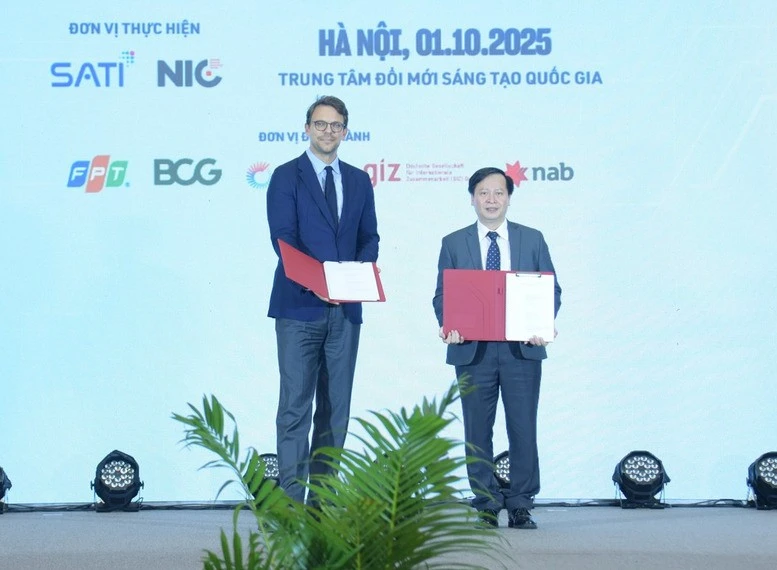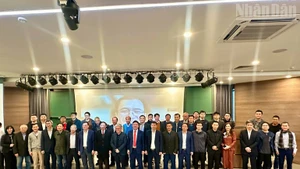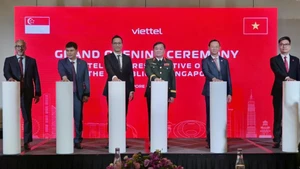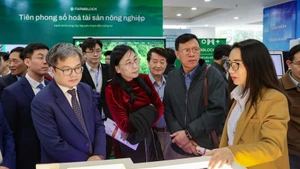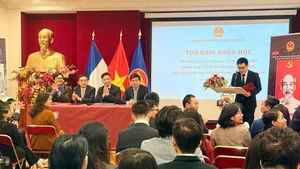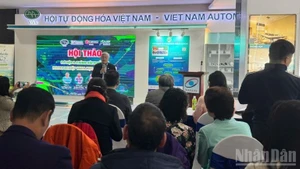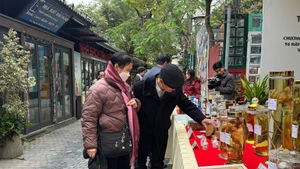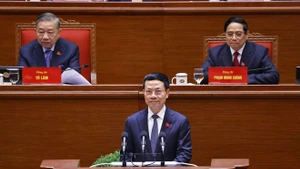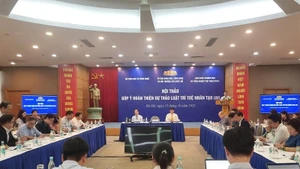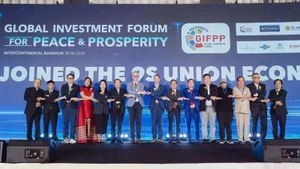The signing ceremony was held as part of the Innovate Viet Nam (National Innovation Day) at the National Innovation Centre in Ha Noi.
The CASE project aims to support Viet Nam’s energy transition, striving to build a sustainable, reliable and affordable energy system while contributing to the nation's commitments under the Paris Agreement.
The project's core focus is to build a scientific and practical foundation to promote technology transfer, development, and innovation in the energy sector; assess the technological capabilities of businesses and research institutions; strengthening the connection between research and business communities in adopting foreign technologies and forecasting human resources demand during Viet Nam's energy transition.
Director of the State Agency for Technology and Innovation Nguyen Mai Duong said MOST is concentrating on promoting policies to support innovative businesses, enhancing research and technology transfer in clean energy, fostering linkages between research institutes, universities, and businesses, developing the science and technology market and enhancing the capacity for localising renewable energy technologies.
The project is expected to help Vietnamese businesses engage more deeply in the global value chain for clean energy, Duong said.
Sascha Hocke, Deputy Country Director of GIZ in Viet Nam, stated that Germany is committed to sharing lessons learned, exploring advanced technologies together and supporting Viet Nam in strengthening its innovation ecosystem.
He stressed that Viet Nam’s recent policy directions, such as Resolution 57 on innovation and Resolution 70 on energy security, provide a strong foundation for energy transition in the country.
Project director of CASE Viet Nam Vu Chi Mai said during the implementation phase in Viet Nam, CASE will focus on connecting domestic stakeholders with international organisations in research and technology development, studying innovation indicators in the renewable energy sector and assessing the financial and infrastructure capacities of Vietnamese companies in providing renewable energy equipment and services.
The project is hoped to strengthen the energy innovation ecosystem and support a fair and efficient energy transition, she noted.
As a key component of energy and innovation cooperation between Viet Nam and Germany, the signing and implementation of the project not only contribute to fostering a sustainable energy transition but also serve as a vivid testament to the long-standing and reliable friendship and cooperation between the two nations.
